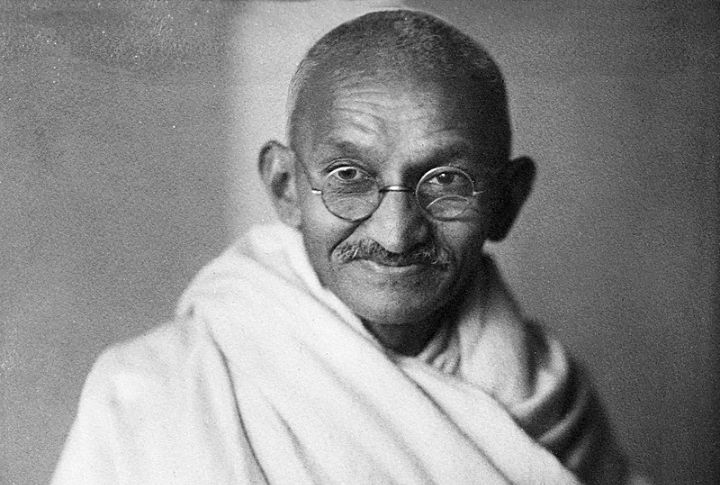
A clever phrase can outlive its speaker, but not always its truth. Over the centuries, misquotes and myths have crept into history books and classrooms alike. Many iconic sayings we think came from great leaders or thinkers were never theirs. Let’s peel back the layers of time to reveal how legends got rewritten and see which “historic truths” are anything but.
“Let Them Eat Cake.”
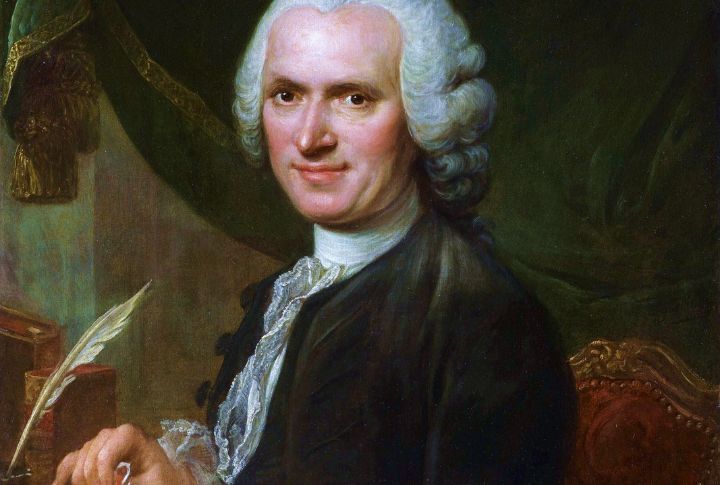
People love blaming Marie Antoinette for saying, “Let them eat cake,” yet she never did. The line first appeared in Jean-Jacques Rousseau’s writings to describe an unnamed princess, before Antoinette was even born. And the word wasn’t “cake” at all, but “brioche.”
“The Only Thing Necessary For The Triumph Of Evil Is For Good Men To Do Nothing.”
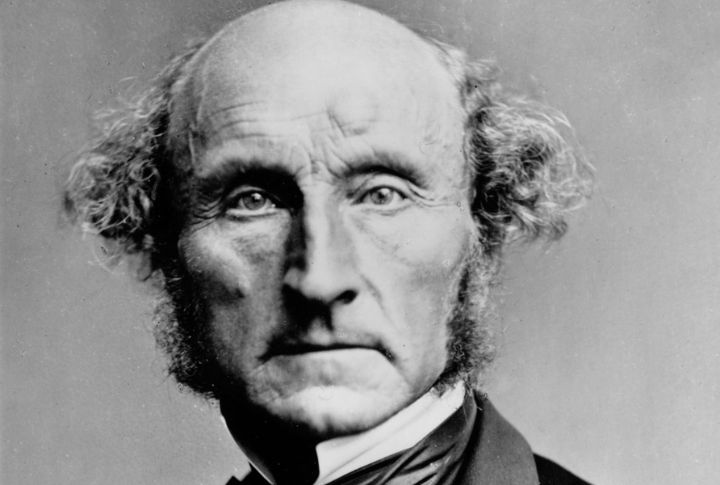
Although this dramatic line often gets linked to Edmund Burke, it’s nowhere in his writing. It sounds more like something John Stuart Mill would’ve said. Even so, the quote stuck and has been used in countless speeches, including one by JFK in 1968.
“Be The Change You Wish To See In The World.”
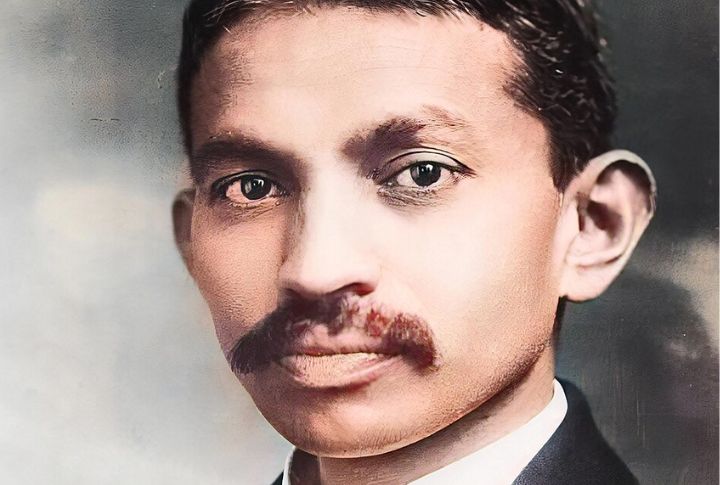
You’ve probably seen this on posters or mugs. Well, Gandhi never said those exact words. He talked about personal transformation as a way to inspire change. This neat version is just a paraphrase. Still, it perfectly captures the heart of his message.
“I Disapprove Of What You Say, But I Will Defend To The Death Your Right To Say It.”
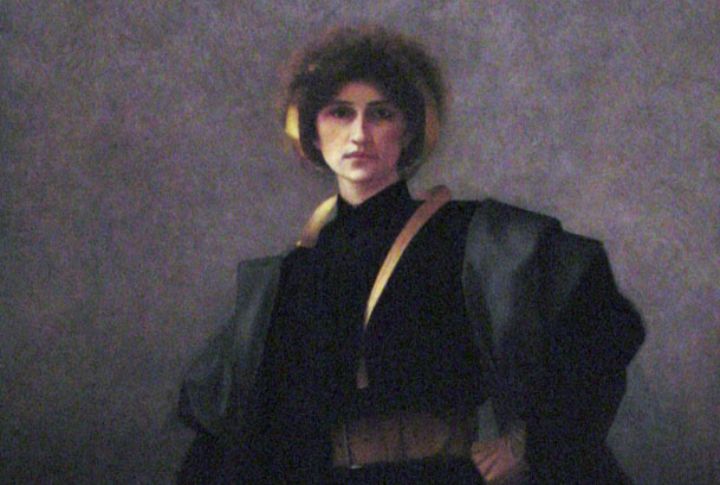
Despite popular belief, Voltaire didn’t write those famous words at all. It was written by Evelyn Beatrice Hall (under the name S.G. Tallentyre), who used it to summarize Voltaire’s beliefs. Over time, people assumed it was his own quote, and the mix-up stuck.
“Houston, We Have A Problem.”
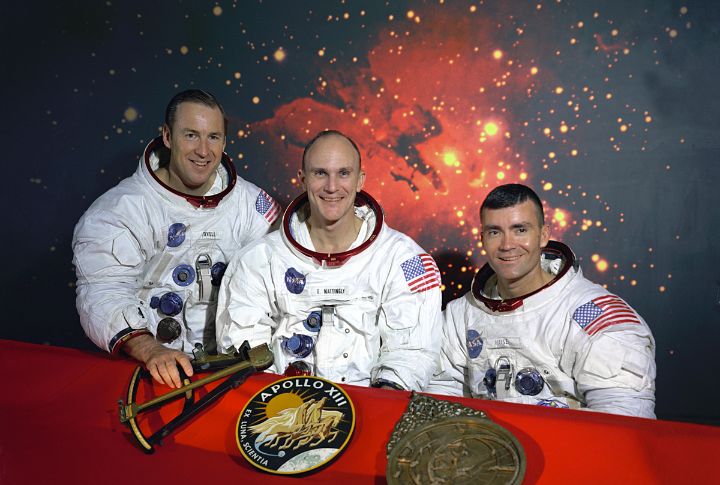
Everyone knows this line from the Apollo 13 mission. Actually, it’s not what the astronauts said. The real transmission was, “Houston, we’ve had a problem.” The movie Apollo 13 tweaked it for drama, and the new version became one of the most famous quotes in space history.
“The Ends Justify The Means.”
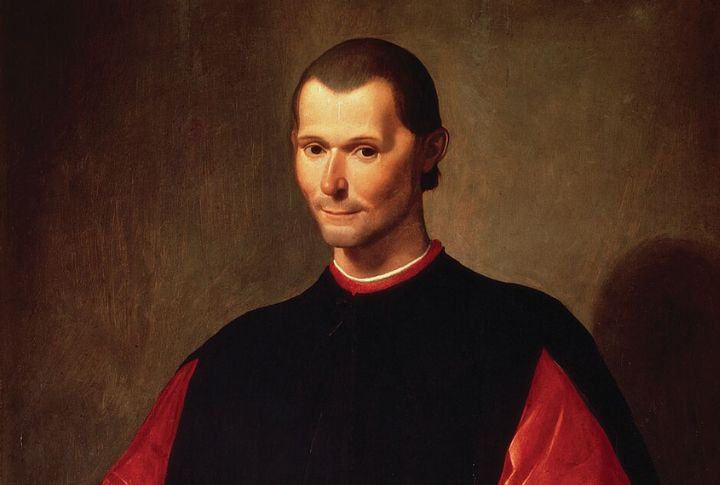
The quote gets pinned on Machiavelli all the time, yet he never wrote it in “The Prince”. He did talk about results being more important than intentions. The exact line comes from the Roman poet Ovid, who said something similar centuries earlier.
“Insanity Is Doing The Same Thing Over And Over And Expecting Different Results.”
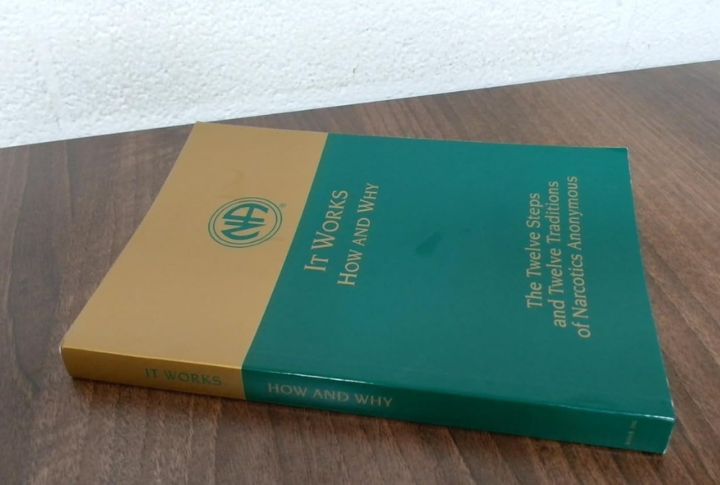
While Einstein gets credit for this one constantly, there’s no record of him ever saying it. The phrase appeared in a 1983 Narcotics Anonymous pamphlet, long after he died. Somehow, it ended up tied to him and has been quoted everywhere since.
“A Lie Can Travel Halfway Around The World While The Truth Is Still Putting On Its Shoes.”
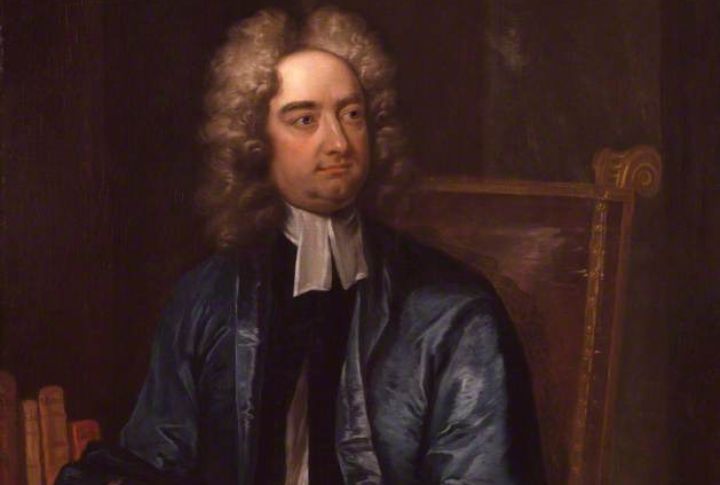
It sounds like something Mark Twain would’ve said, but it’s not his line. The saying dates back to writer Jonathan Swift in 1710. The funniest part is this quote about lies spreading fast became one of history’s most viral misquotes itself.
“Et Tu, Brute?”
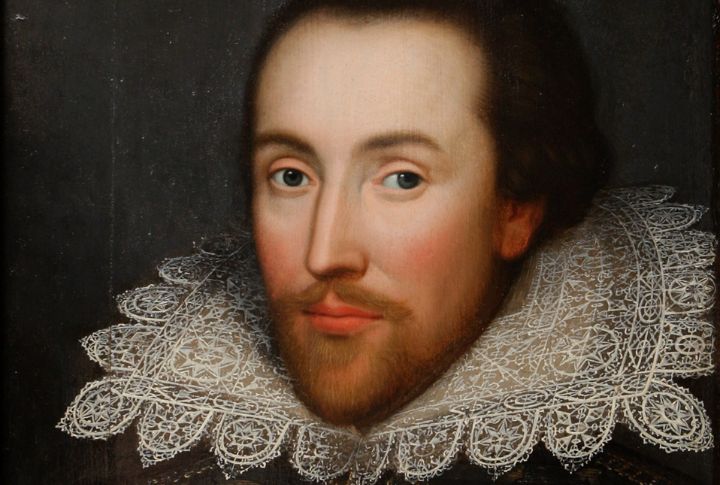
Many people believe Julius Caesar’s final words to his betrayer were “Et tu, Brute?”—but historical records tell a different tale. Despite this Latin phrase being firmly linked to Caesar’s assassination, the trail of evidence leads not to ancient Rome, but to William Shakespeare’s imagination, where these famous words were born in his play “Julius Caesar.”
“I Cannot Tell A Lie.”
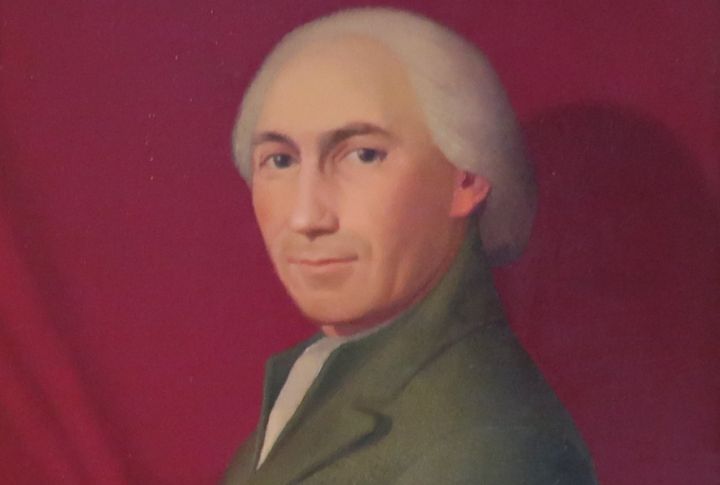
A young George Washington stands beside a felled cherry tree, bravely declaring to his father, “I cannot tell a lie” – it’s an iconic scene of American virtue. But here’s the surprising truth: this tale never happened. Biographer Parson Weems fabricated the entire story after Washington’s death, creating a moral fable that would shape American education for generations.

